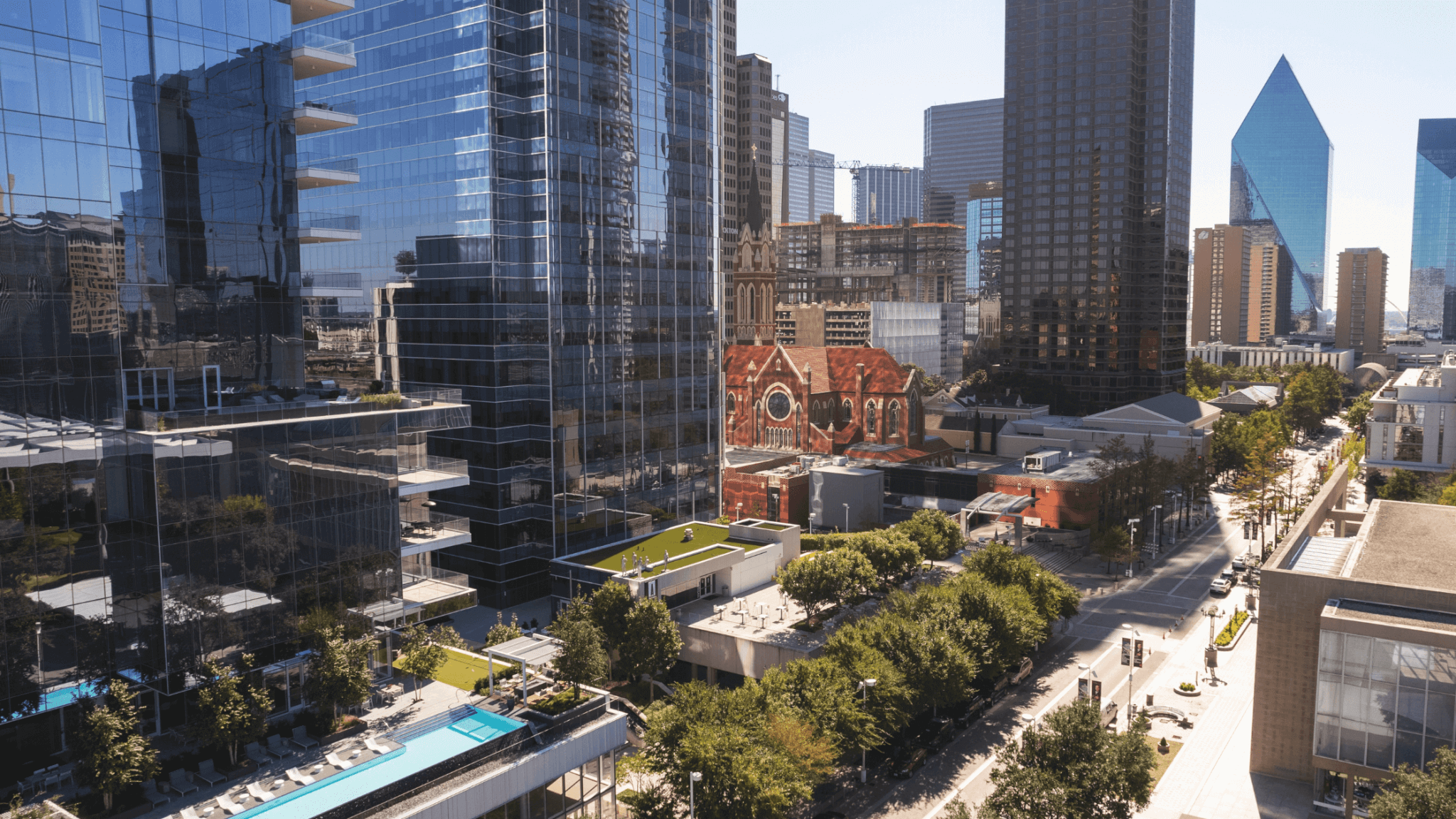September 16th—The Department of Energy (DOE) announces $90 million in competitive awards to help Tribal Nations and partner organizations, cities, and states upgrade their energy codes in commercial and residential buildings. This initiative is part of the Biden-Harris Administration’s Investing in America agenda, and funding comes from President Biden’s Bipartisan Infrastructure Law.
In late August, the DOE announced the awarding of $240 million to 19 state and local governments to implement more innovative, energy-efficient building codes. As the Biden Administration views them, updated energy codes are crucial for tackling climate change.
Today’s energy codes keep homes 40% more energy efficient than those built 15 years ago. Those living in buildings that need to play building code catch-up are often hard-working, underserved communities paying volatile fossil fuel prices. The DOE estimates that energy codes will save Americans $182 billion in utility expenses between 2010 and 2040 and reduce approximately 900 million metric tons of CO2 emissions.
Updated technology, such as electric storage systems, electric vehicle charging, and on-site energy generation, is increasingly included in newer buildings. This will shape the new standards these updated energy codes need to meet. California is an excellent example of a state where the standards are updating more rapidly.
Those awarded a portion of the funding are crafting different strategies for where to spend it. For example, The New Buildings Institute, a Portland-based nonprofit, will implement updated building codes for areas in Oklahoma and Texas.
According to the DOE, the National Association of State Energy Officials will take a different approach. They will implement a replicable method to analyze the effect of energy codes on resilience.
The California Energy Commission, meanwhile, will create a network of energy code experts to support the construction industry and local government in compliance with document revisions during the plan-review phase of construction.
Before funding can be issued to awardees, the DOE and applicant must negotiate, and the DOE reserves the right to cancel and rescind negotiation and selection at any point during the process.
For more details on DOE’s activities supporting building codes, visit the Building Energy Codes Program.


